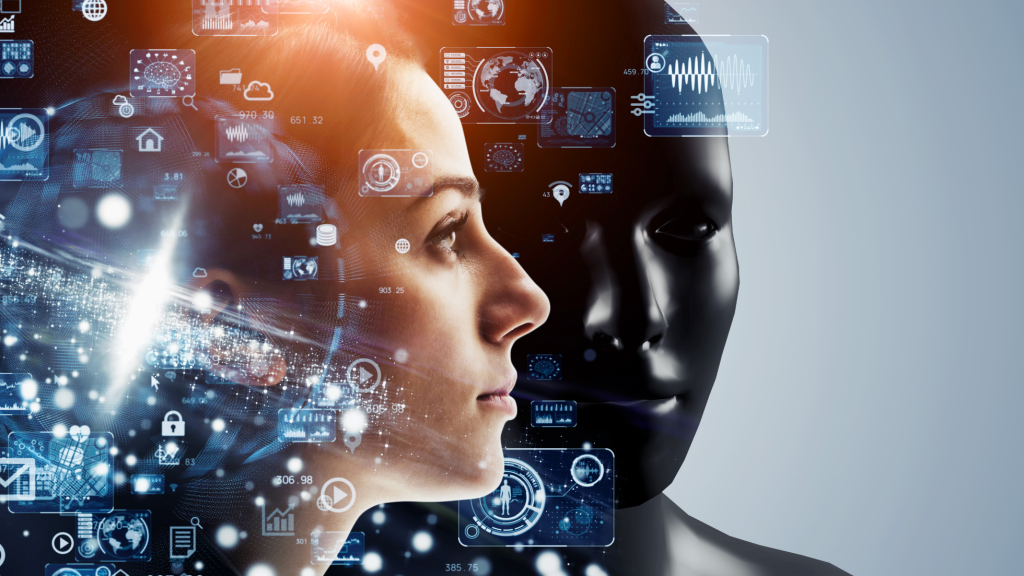
Artificial Intelligence (AI) has emerged as a transformative force in various aspects of our lives, including the workplace. With its ability to analyse massive amounts of data, automate repetitive tasks, and make intelligent predictions, AI has significantly impacted the work environment. While some may fear that AI will replace human jobs, the reality is that it is reshaping and augmenting the way we work, leading to increased productivity, efficiency, and innovation.
Enhanced Automation and Efficiency:
One of the key ways AI impacts the work environment is through automation. Mundane, repetitive tasks that used to consume significant time and effort can now be efficiently handled by AI-powered systems. This allows employees to focus on more complex and creative tasks, leading to higher job satisfaction and engagement. From customer service Chabot’s to automated data analysis, AI streamlines processes, reduces errors, and improves overall efficiency in the workplace.
Data-Driven Decision Making:
AI enables organizations to extract valuable insights from vast amounts of data. By leveraging machine learning algorithms, AI systems can identify patterns, detect trends, and make data-driven predictions. This empowers businesses to make more informed decisions, optimise operations, and improve outcomes. From sales forecasting to personalised marketing campaigns, AI equips decision-makers with powerful tools to drive innovation and growth.
Collaboration and Assistance:
AI technologies such as virtual assistants and collaborative platforms have transformed the way teams collaborate and communicate. Virtual assistants like Chabot’s can handle routine inquiries, freeing up employees’ time and providing immediate support to customers. Collaborative platforms enable seamless communication and knowledge sharing, irrespective of geographical locations. These advancements foster stronger teamwork, enable faster problem-solving, and enhance productivity within organisations.
Skills Development and Upskilling:
As AI takes over repetitive tasks, it also opens up new opportunities for employees to develop and acquire advanced skills. The demand for workers with expertise in AI, machine learning, and data analytics continues to grow. Organisations are investing in upskilling programs to equip their workforce with the necessary knowledge to leverage AI effectively. This shift encourages employees to embrace lifelong learning and adapt to the changing work landscape.
Ethical Considerations:
While AI brings numerous benefits, it also raises ethical concerns that need to be addressed. Issues such as privacy, bias in algorithms, and job displacement require careful attention. Organisations must prioritize ethical AI development, ensuring transparency, fairness, and accountability in AI systems. This includes establishing guidelines for data usage mechanical bull, regularly auditing algorithms, and actively promoting diversity and inclusion in AI implementation.
The impact of AI on the work environment is undeniable, and embracing its potential is crucial for organisations to stay competitive in the digital era. Rather than replacing jobs, AI is reshaping roles, automating mundane tasks, and empowering employees to focus on higher-value work. With proper ethical considerations, AI can drive innovation, collaboration, and productivity while enhancing employee satisfaction. As we navigate the future of work, it is essential to recognise AI as a tool that can augment human capabilities and transform the way we work for the better.

